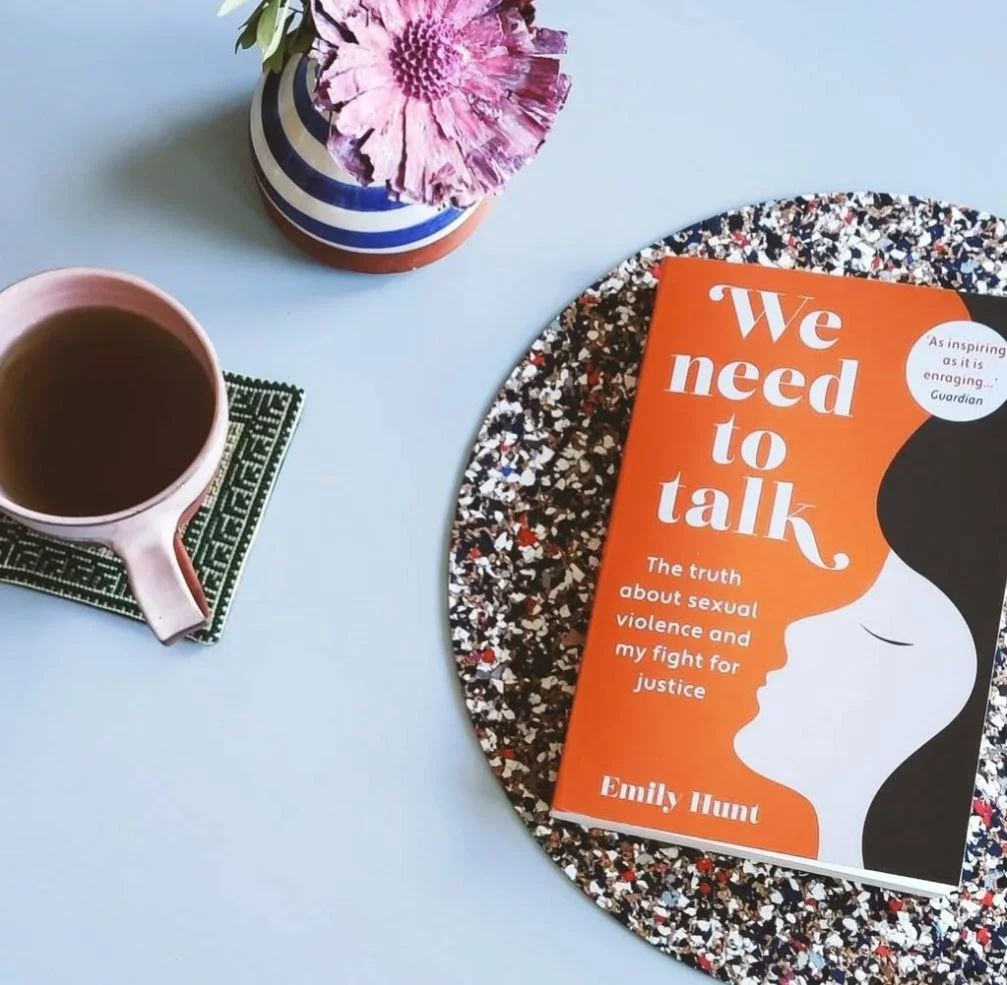Must-Reads
Must-Reads on Justice, Power, and Change
Some books arrive at exactly the moment we need them. They don’t just speak to an issue; they give us language for what often feels unspeakable. They remind us that systems can fail, but voices can cut through. Here are five books I consider essential reading for anyone seeking to understand the current landscape of justice, power, and the fight for change in the UK today.
Harriet Wistrich – Sister in Law
As one of the UK’s most prominent feminist lawyers, Harriet Wistrich has been at the centre of landmark cases that have changed the landscape of women’s rights. From exposing police spies who deceived women into relationships, to representing victims of serial rapist John Worboys, Sister in Law charts her decades of work fighting for justice. Wistrich’s book is part memoir, part legal history, part rallying cry - a record of what can be achieved when persistence meets principle.
Harriet Johnson – Enough
In Enough, barrister Harriet Johnson draws from her work in the courtroom to highlight the everyday misogyny and systemic injustices women encounter. She makes clear how sexism isn’t an occasional outrage but a constant backdrop, shaping the way laws are written, cases are tried, and women’s voices are heard (or silenced). Johnson’s strength lies in her clarity: this is a book that doesn’t just diagnose the problem, it compels the reader to recognise their own role in changing it.
David Challen – The Unthinkable
David Challen’s memoir is both devastating and galvanising. He writes from the perspective of a son whose mother, Sally Challen, endured decades of coercive control before killing her abusive husband. David went on to lead the campaign that overturned her murder conviction and established coercive control as a ground for diminished responsibility in UK law. The Unthinkable is more than a personal story; it’s a testament to love, persistence, and the need to name coercive control as abuse. For survivors and campaigners alike, it is both heartbreaking and hopeful.
Charlotte Proudman – He Said She Said
Barrister Dr Charlotte Proudman exposes the structural barriers women face when seeking justice. In He Said She Said, she draws from her years representing survivors of gender-based violence, alongside her own lived experiences of sexism in the legal profession. She demonstrates how the legal system continues to treat women differently - and how these biases are reflected in courtrooms every day. Proudman’s writing is sharp, rigorous, and urgent, challenging us to confront how narratives of credibility and blame are stacked against women.
Emily Hunt – We Need to Talk
Emily Hunt’s account is a powerful call to action from someone who has experienced both sexual violence and the failings of the justice system firsthand. We Need to Talk is raw, unflinching, and deeply human. Hunt lays bare the disconnect between the lived experience of survivors and the institutions meant to protect them. But this isn’t just a memoir of harm - it’s a manifesto for reform, insisting that change is possible if we truly start listening to survivors.





